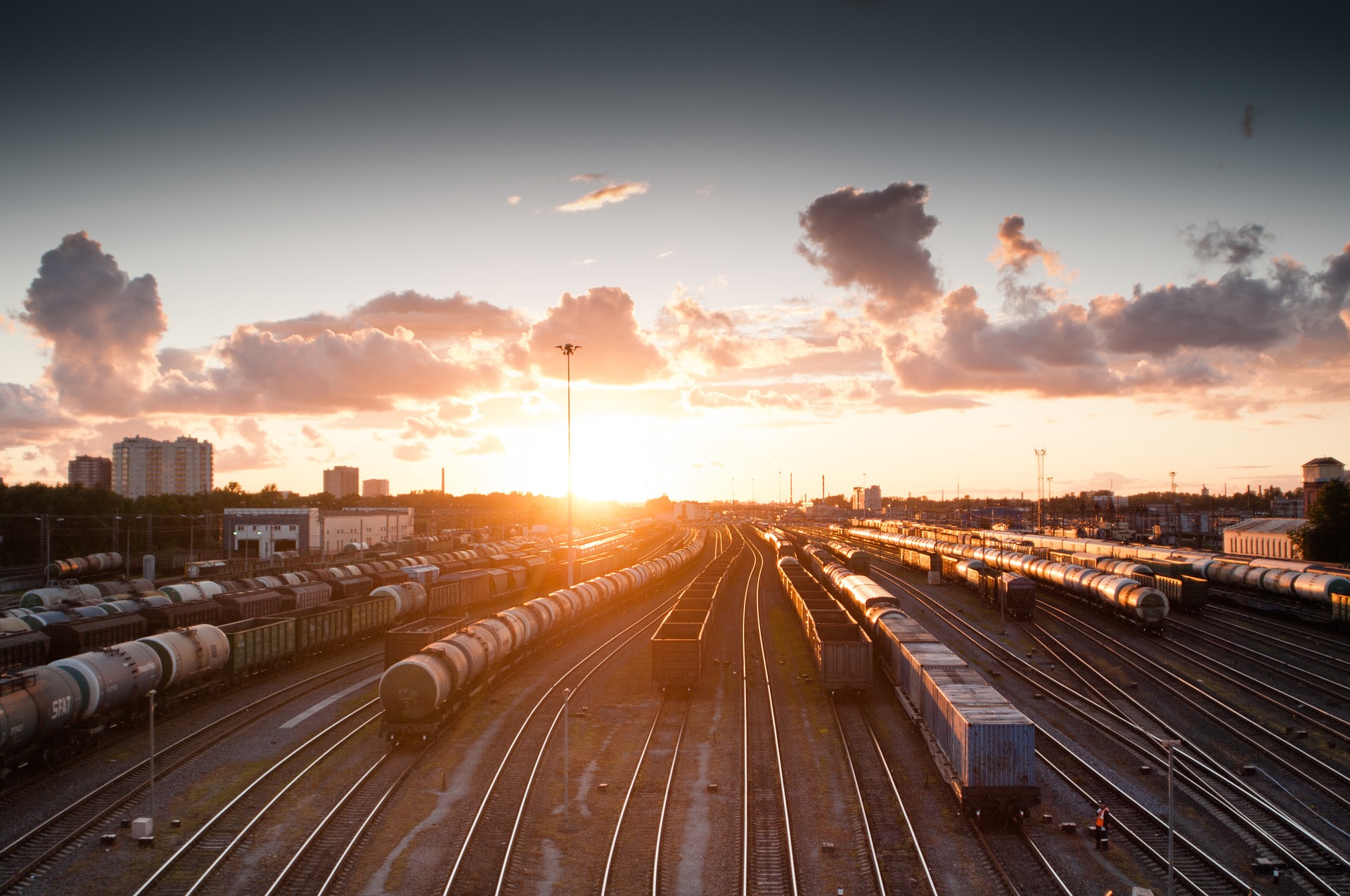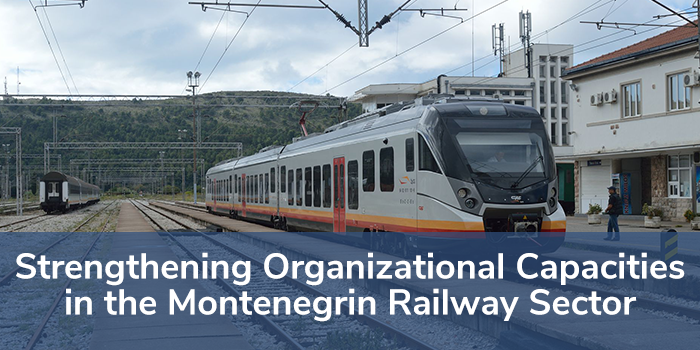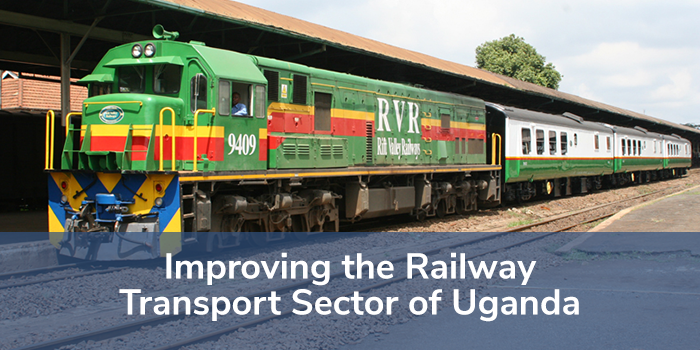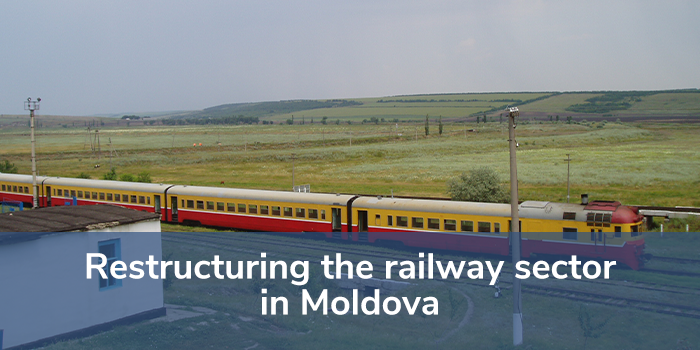Global demand for passenger and freight transport is growing fast. Demand for passenger transport will increase from 44 trillion in 2015 to 122 trillion passenger-kilometres by 2050, and global freight demand will triple during the same period. Under these circumstances, rail transport has evolved to provide a sustainable alternative to road transport and short-distance air travel. This mode of transport has gained strength as a land transport system due to its capacity to operate large volumes of freight and passenger with low carbon emission. The rail sector can also create a more productive economy by alleviating congestion in the road network and facilitating the development of clusters of economic activity.
Rail transport has the potential to foster sustainable urban mobility while simultaneously reducing CO2 emissions. Urban areas struggle to accommodate increased travel demand and metro and rail infrastructures provide a mass transport system with a good safety record and higher energy efficiency. However, the capital intensiveness of building and operating rail services requires government intervention. In addition, the maximum benefit of this mode of transport is achieved when combined with regional integration and cross-border activities, in order to standardise gauge, signalling and electrification systems.
Rail Transport facts
- Although the rail sector carries 8% of the world's passengers and 7% of global freight transport, it represents only 2% of total transport energy demand.
- Three-quarters of passenger rail transport activity takes place on electric trains.
- Movement of freight by rail is concentrated in China and the United States, that in total account for about 50% of global rail freight activity.

NTU's involvement in rail transport
NTU's recognizes the advantages that a rail transport network and an efficient operating service provide to a country's development. We are therefore committed to improving the performance, modal competitiveness, efficiency, safety and environmental footprint of targeted rail network systems. For these reasons, we provide technical assistance to governments to promote this mode of transport. Our experience encompasses assistance in procurement processes, contract administration and management, harmonization of regulations for the maintenance of infrastructure and rolling stock, domestication of EU Directives, programme development, implementation and maintenance, project evaluation and rehabilitation of rail infrastructures, etc.
NTU also has long term experience in railway investment programmes, planning corridors and cross border implementation, aiming to ensure better connectivity within the beneficiary country and its neighbouring nations.







